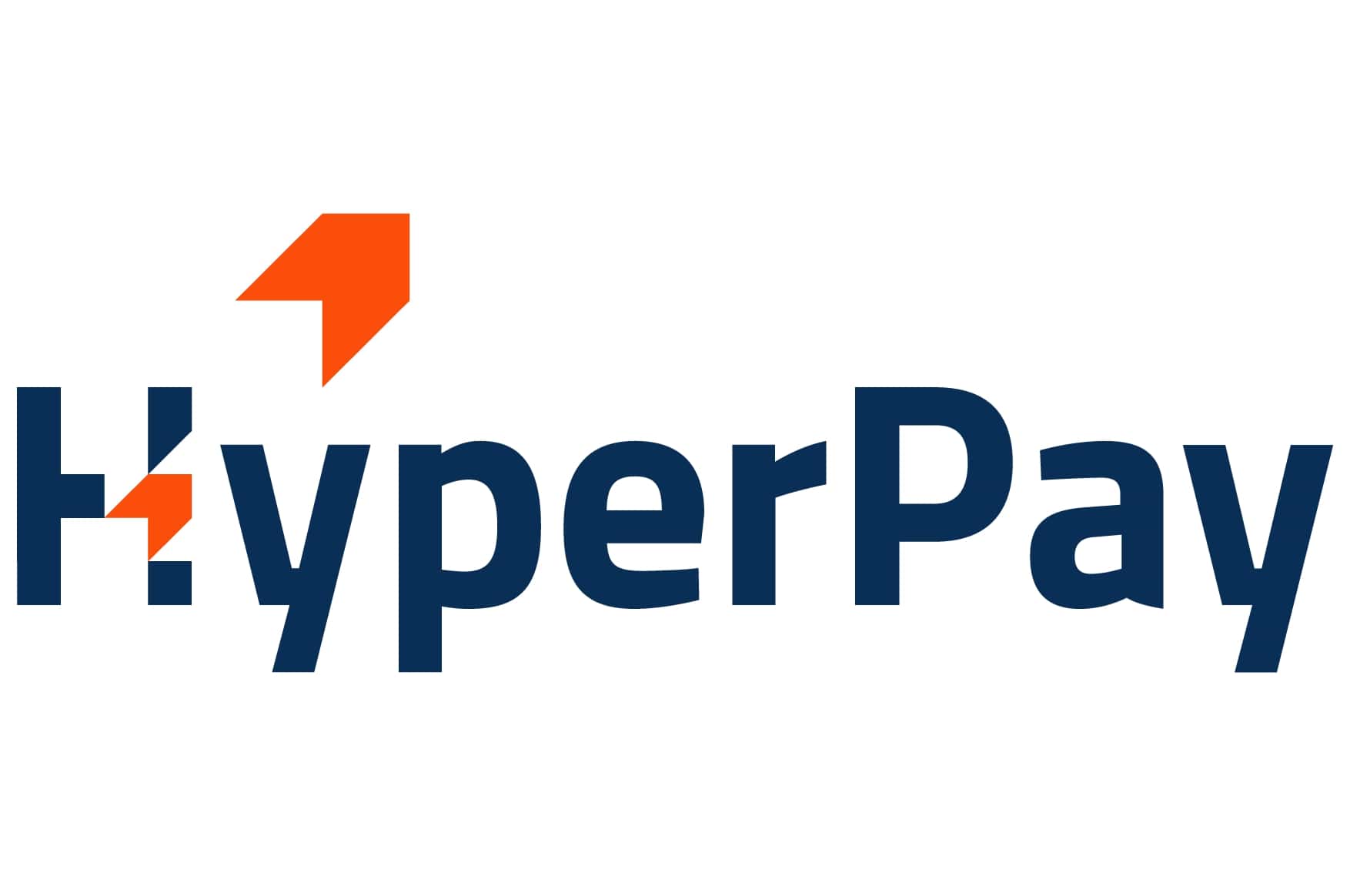Decryption
Last updated:April 11th, 2024
Decryption is the process of converting this encrypted data back into its original form. It’s an essential step in webhook data handling because it allows the receiving system to interpret and utilize the data contained in the payload.
When a webhook event is triggered, the payload is encrypted using a specific encryption algorithm and a secret key. This encrypted payload is then sent to the specified URL. Upon receiving the payload, the server must decrypt it using the same algorithm and secret key that were used for encryption.
The decryption process ensures the integrity and confidentiality of the data, making webhooks a secure method for automatic data updates.

